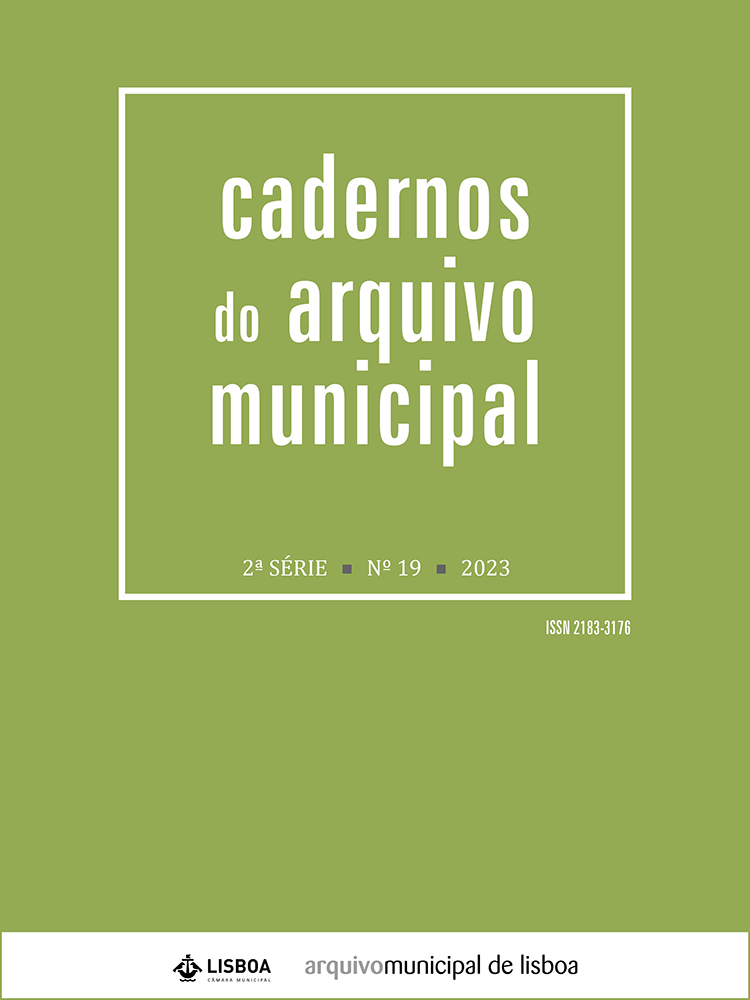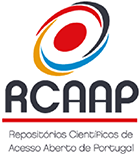Navigating identity after independence: Portuguese men in nineteenth-century Brazil
DOI:
https://doi.org/10.48751/CAM-2023-19224Palabras clave:
Collective identity, Microhistory, Emotions, Affective practices, “The returned Brazilian”Resumen
In 1870, at age 11, Antônio Gonçalves de Carvalho left Portugal to follow his father to Brazil. The back and forth crossing of the Atlantic would become as central for Antônio’s life as it had been for his father and would continue to be for his son. The close reading of unexplored primary sources reveals how Portuguese and Brazilian nations merge into a syncretic identity
expressed in Antônio’s words: “I came to life in my parents’ idolized land, and I wish to leave life in my children’s adored land”. What can serve as a basis for national identities? The Carvalho family’s documents offer the possibility of a new perspective on a question that historiography has conventionally approached via race, ethnicity and religion. By decentering the usual categories and considering emotions instead, this work suggests that feelings of belonging may be a matter of practice rather than destiny.
Descargas
Descargas
Publicado
Cómo citar
Número
Sección
Licencia
Derechos de autor 2023 Marcia Esteves Agostinho

Esta obra está bajo una licencia internacional Creative Commons Atribución-NoComercial 4.0.
Los autores conservan los derechos de autor y conceden a la revista el derecho de primera publicación, estando la obra simultáneamente bajo la licencia Creative Commons Attribution License CC BY-NC 4.0 que permite compartir y adaptar el texto siempre que se atribuya correctamente su autoría con el reconocimiento de la publicación inicial en esta revista.








